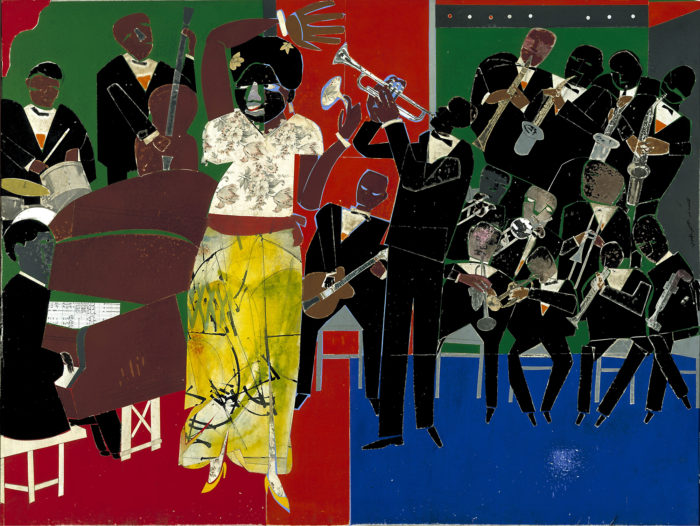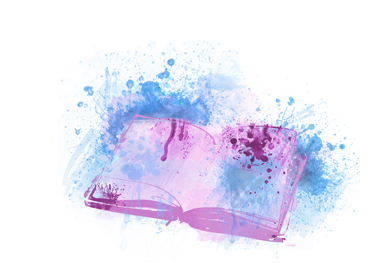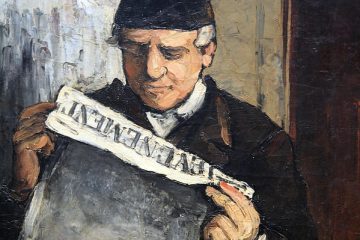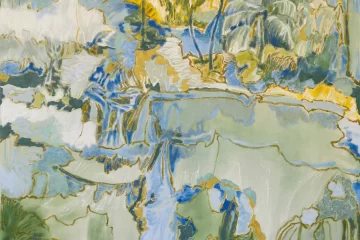Why The Blues
Q.
That’s The Blues. We know it when we hear it, but why is this form of music called: ‘The Blues’?
.
A.
The Blues – with its roots in Africa and the late 1800s US Deep South – is deeply emotional music. As Wynton Marsalis says in a 2020 interview with the New York Times:
‘The fundamental form in all of American music — that’s what the blues is. It’s in every folk song, gospel song, the sound of the banjo and the sound of the guitar. It’s in the sound of ragtime, it’s in the sound of John Philip Sousa’s marches. It’s hard to get the blues out of your sound. Blues is also call and response, which is a democratic form. It generally has lyrics that describe something tragic or sad. But many times it reverses that and gives you something that’s hopeful’.
The ‘Blues’ name seems to reflect the despairing side of this call and response music. How did the colour blue – the favourite of many, the colour of daylight sea and sky.. – get associated with sadness? And how, then, did it extend to this music?
As ever, different theories battle for prominence.
.
.
i. In her book ‘The Language of The Blues: From Alcorub to Zuzu’, author Debra Devi writes: ‘Blues, jazz, and rock reflect not only African musical and vocal techniques, but also African principles regarding musical improvisation and such aesthetic values as ‘coolness’. In Yoruba culture, for example, the ability to connect with one’s inner divinity is described as itutu or coolness’.
ii. Invoking the colour blue to specifically represent sadness and tears is said to link back as far as Chaucer who, in his 14th Century poem ‘The Complaint of Mars ‘ wrote
‘Lo, yond the sunne, the candel of jelosye!
Wyth teres blewe and with a wounded herte
Taketh your leve, and with Seint John to borowe
Apeseth sumwhat of your sorowes smerte’
iii. Washington Irving is most commonly credited with coining the phrase ‘the blues’ in 1807. In his ‘Salamagundi’, he wrote: ‘My friend Launcelot concluded his harangue with a sigh, and I saw that he was still under the influence of a whole legion of the blues, and just on the point of sinking into one of his whimsical and unreasonable fits of melancholy abstraction, I proposed a walk.’
iv. It is said that Irving and others are referring to ‘the blue devils’ – a visceral name for hallucinations that can accompany delirium tremens, or severe, potentially fatal alcohol withdrawal.
v. Some also note blue as a colour of mourning, as seen in an old nautical tradition of hoisting a blue flag or encircling a ship’s hull with a blue stripe after its captain dies.
vi. In a similar vein to Wynton Marsalis’ description of the two sides of the Blues – the tragedy and the hope – synaesthete and artist Wassily Kandinsky writes: ‘Blue is the typical heavenly colour. The ultimate feeling it creates is one of rest. When it sinks almost to black, it echoes a grief that is hardly human. When it rises towards white, a movement little suited to it, its appeal to men grows weaker and more distant. In music a light blue is like a flute, a darker blue a cello; a still darker a thunderous bass; and the darkest blue of all – an organ.’
vii. In his 1989 autobiography, Miles Davis writes about playing the Blues with Charlie Parker, or ‘Bird’ in 1947.
‘I was really happy to be playing with Bird again, because playing with him brought out the
best in me at the time. He could play so many different styles and never repeat the same musical
idea. His creativity and musical ideas were endless. He used to turn the rhythm section around every
night. Say we would be playing a blues. Bird would start on the eleventh bar. As the rhythm section
stayed where they were, then Bird would play in such a way that it made the rhythm section sound
like it was on 1 and 3 instead of 2 and 4. Nobody could keep up with Bird back in those days except
maybe Dizzy.’
viii. In the final few lines of the final stanza of his poem ‘The Weary Blues’, Langston Hughes writes:









